
1 July 1943
The second of two Canadian convoys departs Scotland en route to the Mediterranean.
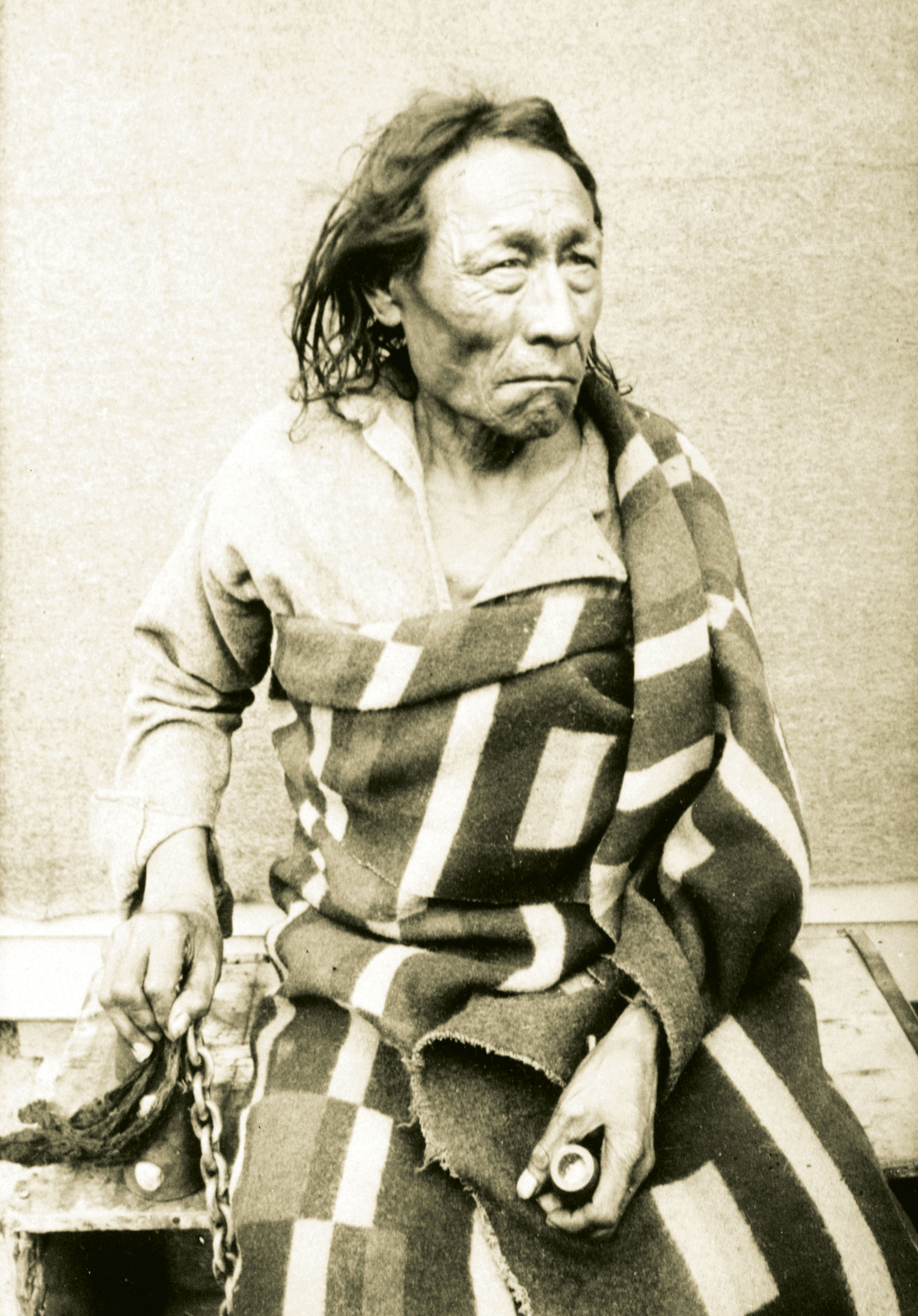
2 July 1885
Plains Cree chief Mistahimaskwa (Big Bear) surrenders to North West Mounted Police officers, ending the Northwest Rebellion.
3 July 1931
HMC ships Saguenay and Skeena complete maiden voyages to Halifax.
4 July 2007
Six Canadian soldiers and an Afghan interpreter are killed when their vehicle is struck by a roadside bomb southwest of Kandahar City, Afghanistan.
5 July 1916
Lieutenant Thomas Wilkinson fires up an abandoned machine gun, holding up the enemy until relieved. Later, seeing the enemy holding up an Allied advance, he mounts the gun on a mound of earth and disperses the attackers. He is later killed going to the aid of a wounded man and is posthumously awarded the Victoria Cross.
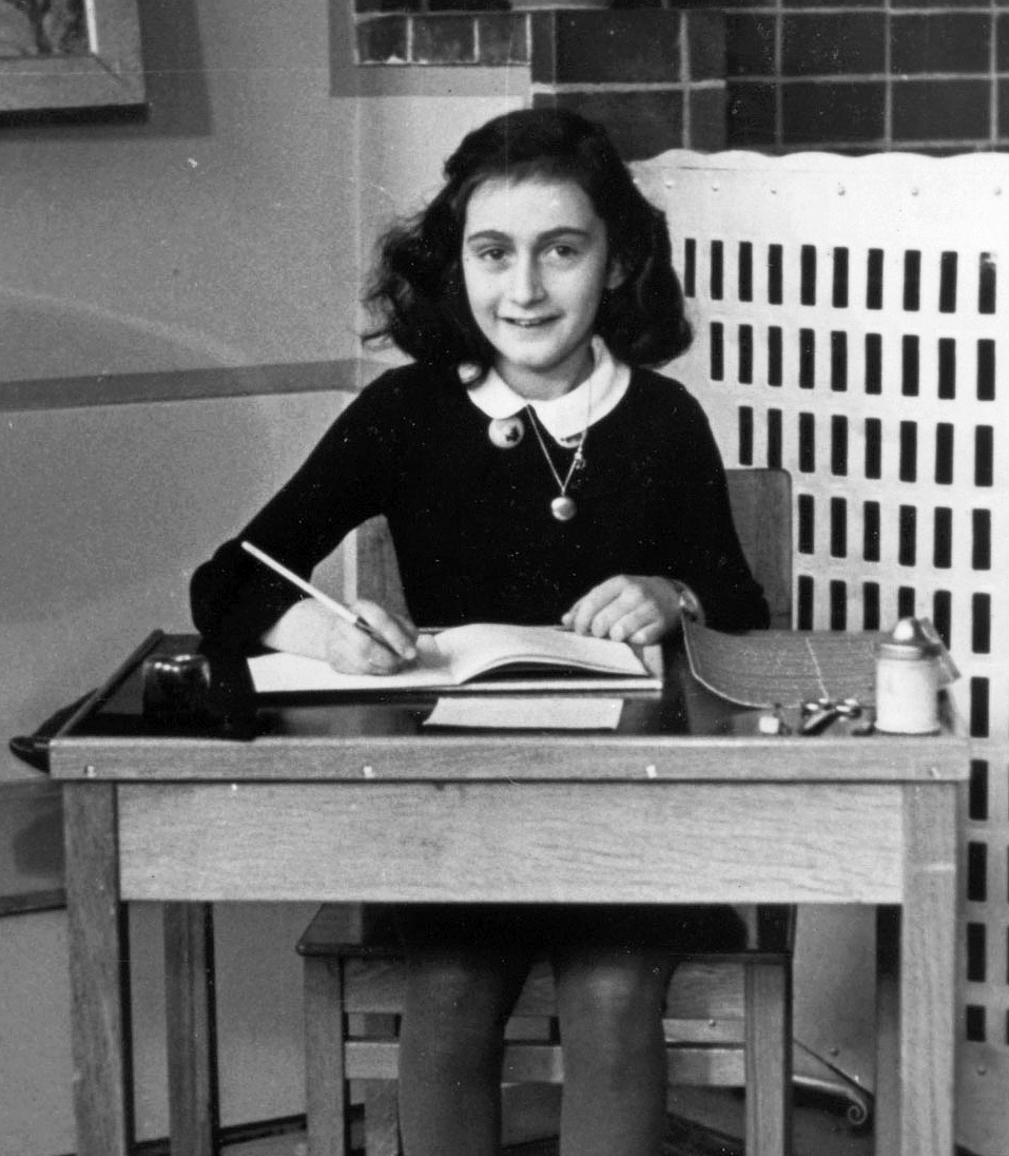
Anne Frank in 1940, while at 6. Montessorischool, Niersstraat 41-43, Amsterdam, Netherlands. [Wikimedia]
Anne Frank and her family hide in a secret annex in a factory in Amsterdam. Discovered two years later by the Gestapo, they are sent to Auschwitz.
7 July 1944
RCN Motor Torpedo Boat 463 is struck by a mine and sinks in the English Channel. The entire crew survives.
8 July 1892
Fire breaks out in a St. John’s stable and destroys most of the city within hours, leaving 11,000 homeless and causing $13 million in damage in the Newfoundland city’s worst disaster.
9 July 1944
Canadians work carefully to clear Caen, France, of booby traps, mines and snipers, pushing the enemy to retreat and set up defensive positions over the Orne River.
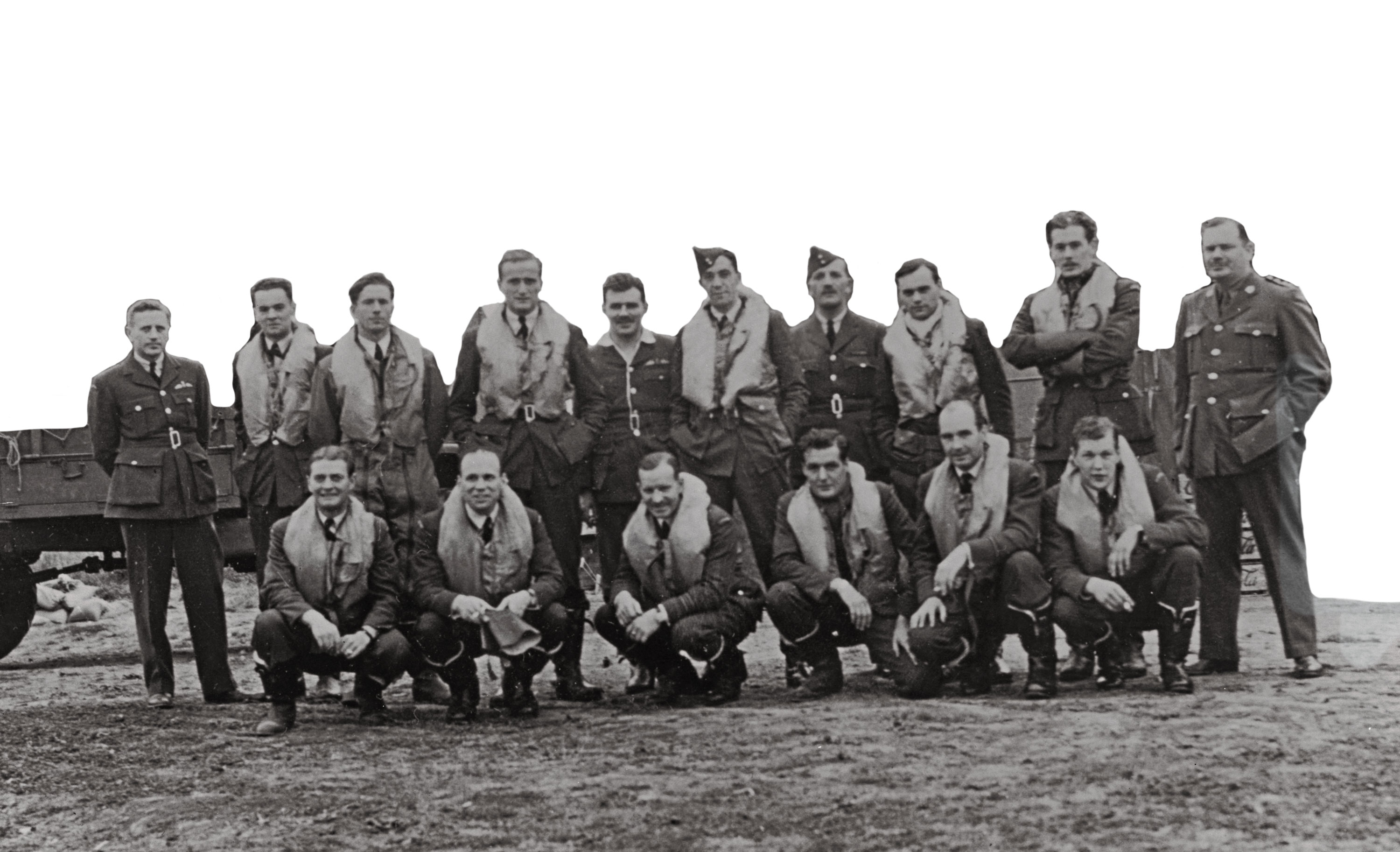
10 July 1940
The Battle of Britain begins.
11 July 1991
Canada’s 1 Combat Engineer Regiment provides medical treatment and refuge to 1,200 American soldiers after an explosion in a U.S. Army ammunition depot in Kuwait. The regiment receives a Chief of the Defence Staff Commendation for its actions.
12 July 1812
With 2,000 troops led by Brigadier-General William Hull, the U.S. Army of the Northwest invades Upper Canada at Sandwich (present-day Windsor, Ont.), but later withdraws.
13 July 1942
The Canadian government announces that three more merchant ships have been sunk by U-boats in the St. Lawrence River.
14 July 1976
The House of Commons abolishes capital punishment in Canada by a vote of 131 to 124.
15 July 1943
Canadian troops encounter German soldiers in Grammichele, Sicily.
16 July 1812
An outnumbered British force defeats an American force of 280 in a skirmish at an outpost near the village of River Canard in Upper Canada.
17 July 1940
HMCS Skeena rescues 65 crew from British merchant ship SS Manipur, torpedoed by U-57 off the coast of Cape Wrath, Scotland.
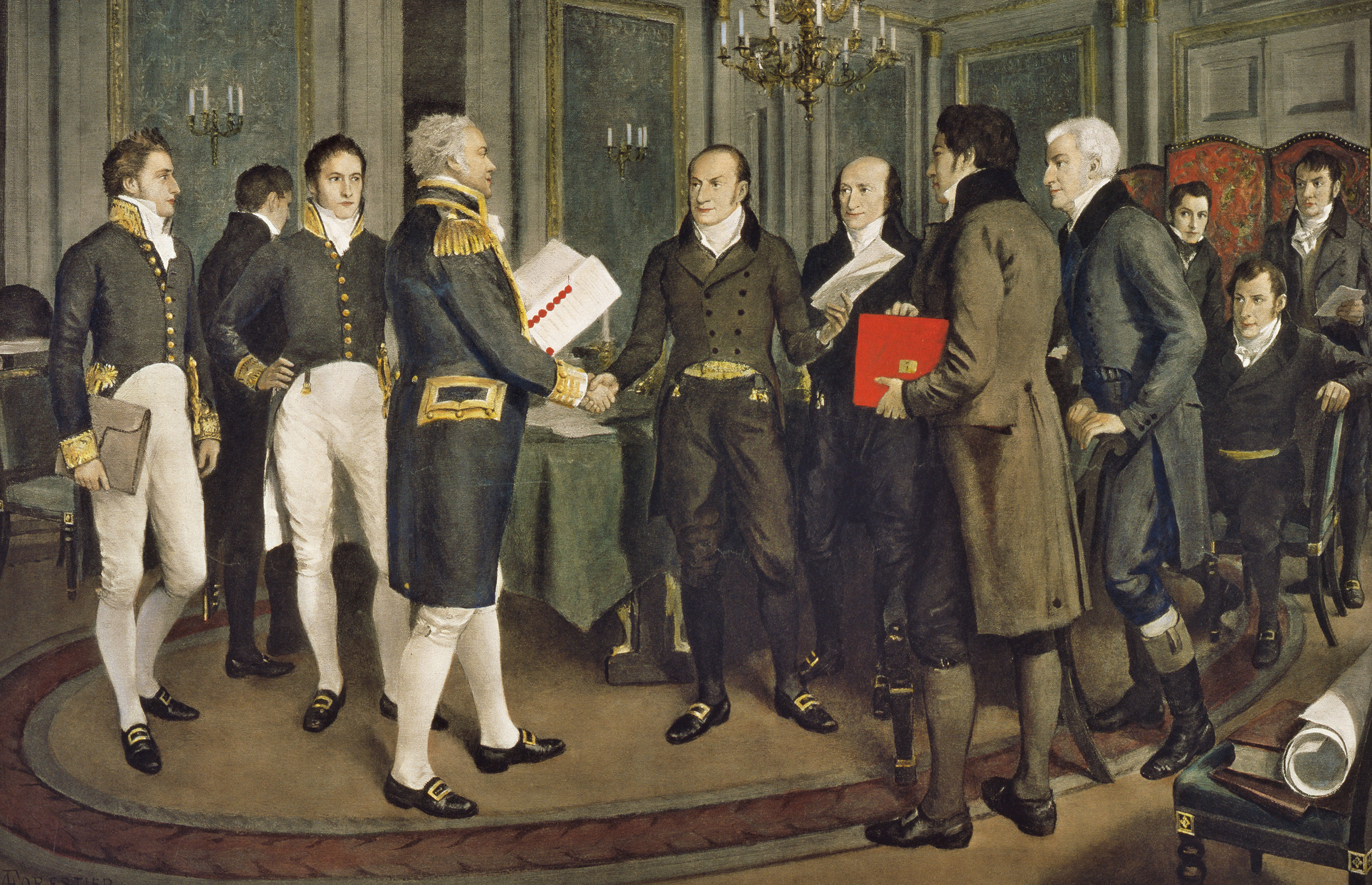
18 July 1815
British forces evacuate Fort Mackinac in Michigan following the signing of the Treaty of Ghent. The Americans re-occupy the fort.
19 July 1943
More than 500 Allied planes bomb Rome, resulting in thousands of civilian casualties.
20 July 1951
HMCS Nootka sails for home following her first tour of duty in Korea.
21 July 1943
HMCS The Pas is badly damaged in a collision with American merchant ship SS Medina in the western Atlantic.
22 July 1940
The British Commonwealth Air Training Plan receives its first students at No. 1 Service Flying Training School at Camp Borden, Ont.
22 July 1983
An Air Canada Boeing 767 passenger jet makes a successful emergency landing in Manitoba after running out of fuel in mid-air. It is later nicknamed the Gimli Glider.
24 July 1917
The Military Service Act 1916 is passed by the House of Commons, imposing conscription in Canada to support the Canadian military overseas.
25 July 1950
The first Canadair North Star aircraft leaves Montreal for service in Korea.
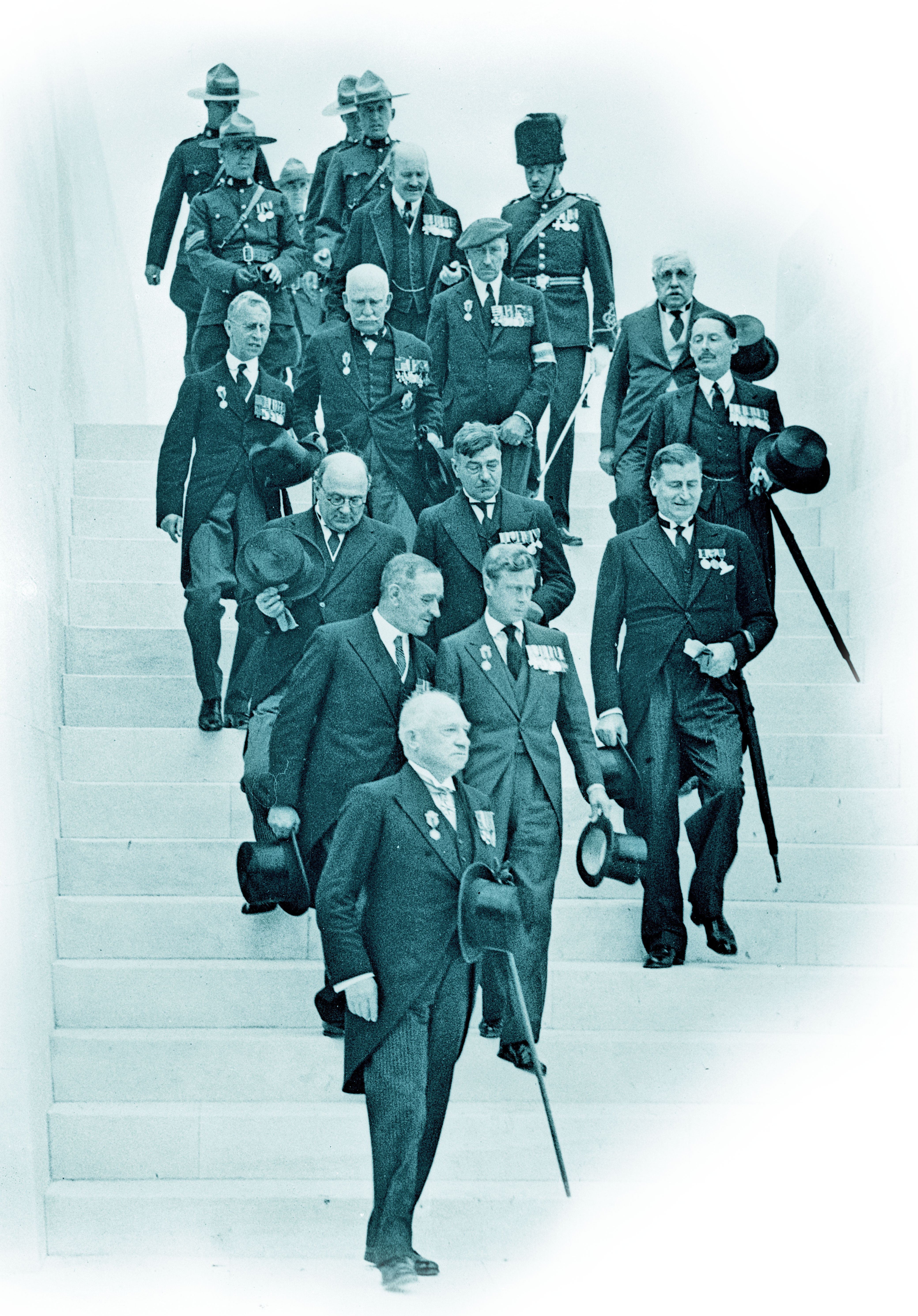
26 July 1936
King Edward VIII unveils the Canadian National Vimy Memorial in France.
27 July 1953
The Korean Armistice Agreement is signed, bringing a cessation of hostilities in the Korean War.
28 July 1914
Austria-Hungary declares war on Serbia, sparking the First World War.
29 July 1972
HMCS Iroquois is commissioned.
30 July 1945
Nearly 7,300 Canadian soldiers head home from war aboard the converted troopship Île de France.
31 July 1942
U-588 is destroyed by HMC ships Skeena and Wetaskiwin in the mid-Atlantic.
Advertisement


















